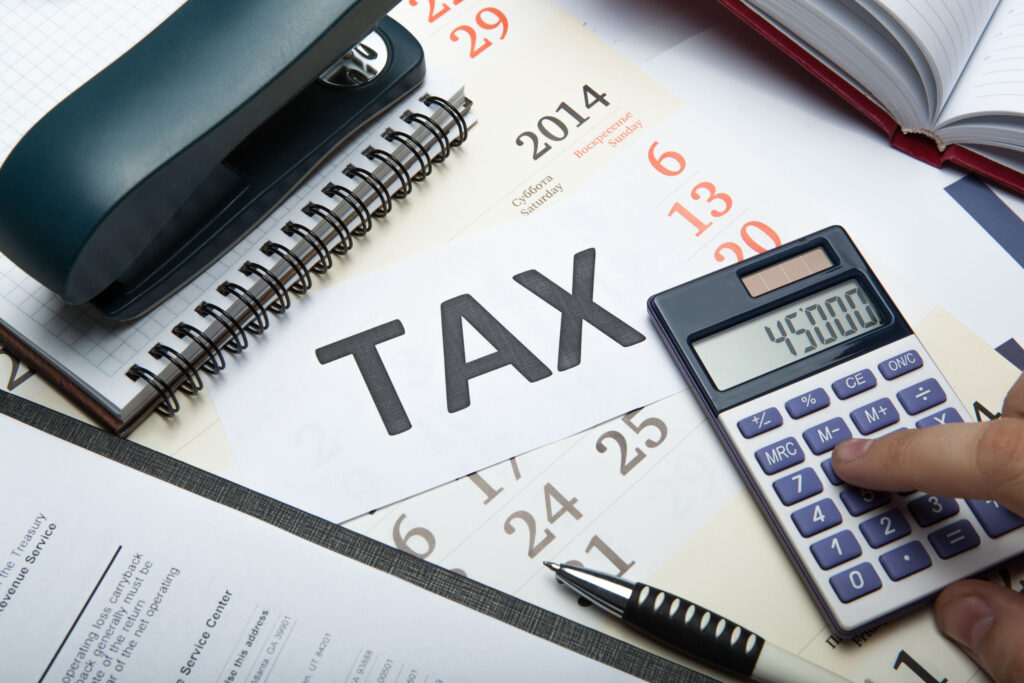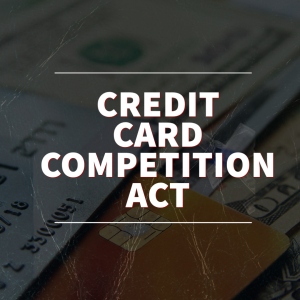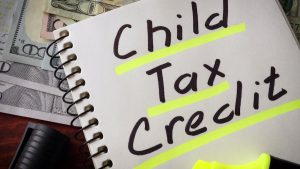Paying Taxes Management
On the 7th of June, the Central Board of Direct Taxes (CBDT) will launch a new e-filing platform. Many improvements on the new website make it easier for taxpayers to file their taxes.
The inclusion of payment options is one of the items that stands out. Net banking, UPI (Unified Payments Interface), RTGS (Real-Time Gross Settlement), NEFT (National Electronic Funds Transfer), and even credit cards will be available for tax payment.
Until now, taxpayers could only pay using massive private and public sector banks’ net banking services. It excludes the majority of private sector, international, and cooperative banks. Taxpayers would find it simpler if the options are expanded.
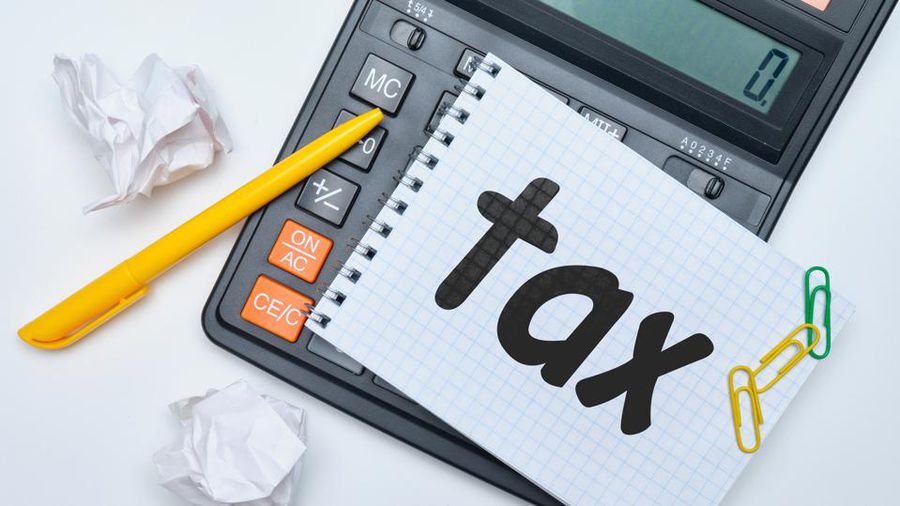
“It was difficult for many taxpayers to make payments digitally because their banks were not part of the I-T department’s scheme. Some clients also inquired as to whether they should send the funds to us and whether we could pay on their behalf. “More payment options, especially credit cards, will make paying taxes more convenient,” said Gautam Nayak, partner at CNK & Associates LLP.
If you’re going to use a credit card, make sure you are paying taxes it back on time. If you don’t have enough money to pay the tax by the deadline, don’t use a credit card to borrow. Delay in paying taxes is more costly than revolving credit card debt.
“If you miss the advance tax payment deadline, you must pay a 1% penalty on the tax owed, and another 1% penalty if you miss the income tax filing deadline. Taxpayers will usually file late returns before the end of the year. The deadline for late returns has been extended by one month this year. The interest rates on a revolved credit card would be much higher,” said Arvind Rao, a chartered accountant and certified financial planner.
Finance costs, also known as annual percentage rates, on credit cards usually range from 3% to 5% per month. It can also be as high as 4% in certain instances. Credit card issuers charge interest on interest, while the government charges simple interest on the tax due.
If you pay 50,000 in taxes on a credit card and repay 25,000 per month, you’ll pay 2,364 in finance charges for three months. The interest would also be subject to GST.
On the other side, the government charges basic interest on the outstanding balance. If you put off paying taxes 50,000 for three months and are charged a 1% penalty per month, you will be charged ₹1,500.
So, just need to paying taxes with a credit card if you can repay the issuer before the due date.
You will stop the credit card dilemma if you follow these suggestions. Because there are a few common pitfalls to avoid when paying taxes with your credit card for personal or business purposes.
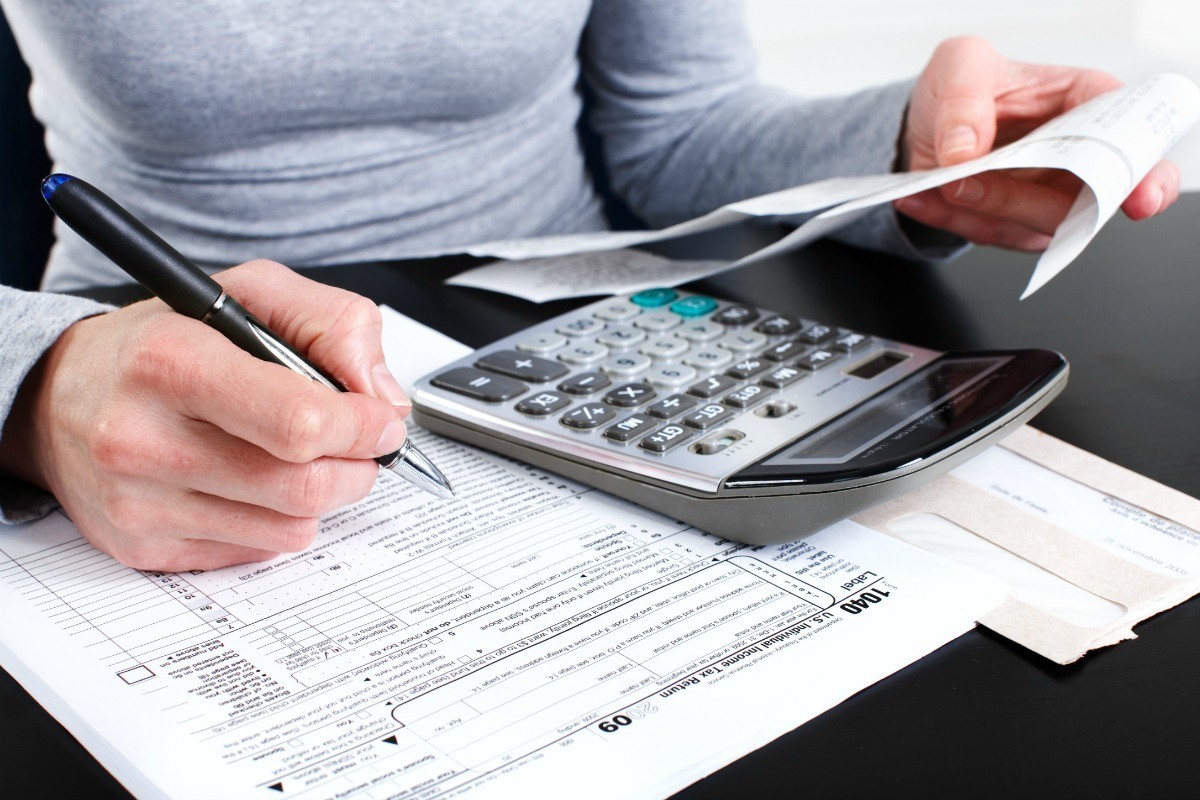
It’s worth having for the right reasons – If you’re getting a credit card, don’t go for the first one that comes to mind. A credit card, like many other financial items, needs careful consideration and analysis. People always choose a credit card solely based on the credit limit it provides. At other times, one would include the credit card’s annual and renewal fees. However, other elements of a credit card must be considered.
This will include things like interest rate, billing period, and late payment penalties and costs. If you’re getting a company credit card, make sure you ask about the supplementary cards that will be provided to your employees. Extra resources, such as a breakdown or review of the spending, are often used on business cards. Such tools will assist you in keeping track of your expenditures as well as in your analytics.
Offers – Cards also use cash-back or exclusive incentives to entice people to sign up for their services. Although cash-backs and special deals can help, don’t get too hung up on them. You get a credit card for a variety of reasons, so it’s worth figuring out what works best for you. Some cards provide discounts on eating, while others offer discounts on gasoline and travel. You’ll make the best decision if you figure out what works for you.
However, don’t get too caught up in the freebies; the interest rate and fees and charges associated with the card should still be the primary considerations. Cash-backs and deals can only be used as a complement to the card’s primary function, not as the sole justification for having one. Never get a credit card because of the cash-back or deals it offers.
Click here to check out Credit Calculators.
Transfer of Funds – There is days when you spend more on your credit card than you can repay, and with a high interest rate, you may soon find yourself with a large balance on your bills. One can still get a new credit card and pass the outstanding balance to the new card at a lower interest rate. You can do the same thing for existing credit cards if you have a credit balance on them. A balance transfer will help you pay off your debt faster and at a lower interest rate.
It is, however, important to carry out the procedure correctly. Make sure you don’t go over the credit card’s maximum cap when exchanging your debt. This has a negative impact on your credit score. Often, pay attention to the interest rate that is being paid. Some financial institutions publish their interest rates on a monthly basis. This means that a credit card with a monthly interest rate of 4% is actually costing you 48 percent per year, which is extremely high. Make sure you understand the interest rates as well as the fees and financing costs associated with a balance transfer.
Obtaining an excessive number – Finally, don’t have too many credit cards on hand. Credit cards are an unsecured type of debt, and having too many of them can make your credit profile risky. Keep your credit cards to a minimum for personal and business purposes. A credit card is also easy money, and if you spend too much on too many credit cards, you could find yourself in serious debt.
If we use credit cards wisely for paying taxes, they can be very useful. Credit cards can be very useful if we keep the above in mind, as well as things such as not making just minimum payments, not paying bills late, and not hitting the credit cap.
For more info, visit here: credit calculator

